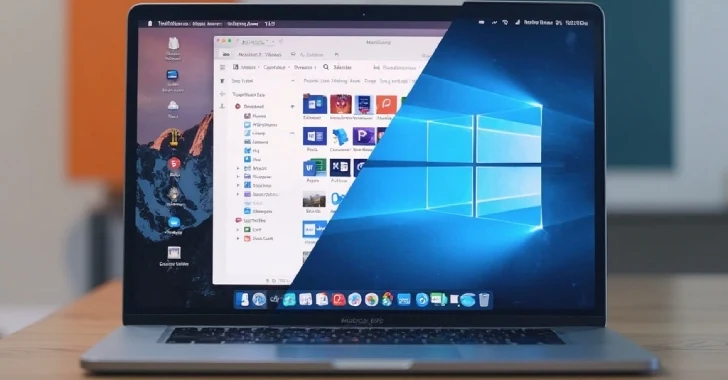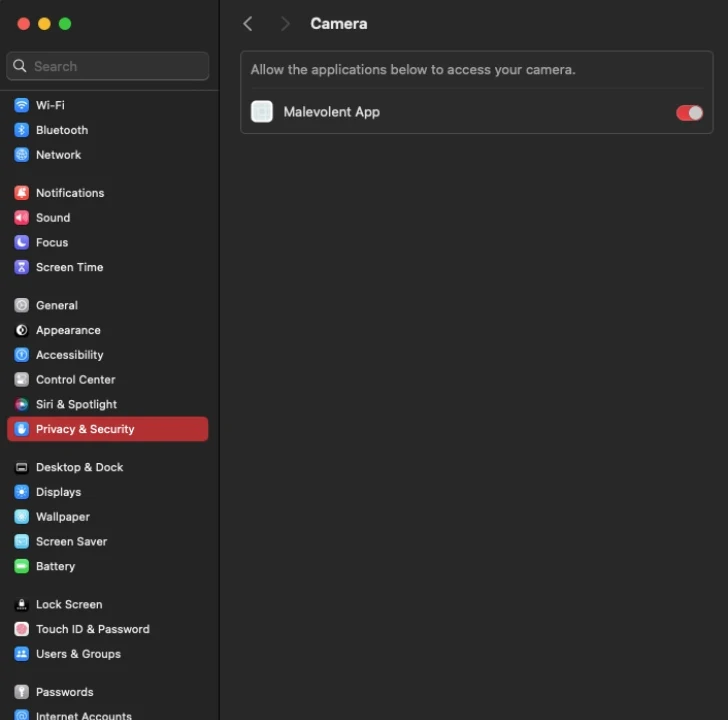New vulnerabilities in Microsoft apps for macOS might enable hackers to gain unrestricted access.

Eight vulnerabilities have been identified in Microsoft applications for macOS, which could be exploited by attackers to gain elevated privileges or access sensitive data by bypassing the operating system’s permissions-based model, specifically the Transparency, Consent, and Control (TCC) framework.
Cisco Talos highlighted that if these vulnerabilities were exploited, an attacker could inherit any privileges already granted to the compromised Microsoft applications. This could allow them to perform actions such as sending emails from the user’s account without their knowledge, recording audio or video, and taking pictures—all without requiring user interaction.
The vulnerabilities affect a range of Microsoft applications, including Outlook, Teams, Word, Excel, PowerPoint, and OneNote.
The cybersecurity firm explained that these flaws could allow malicious libraries to be injected into these applications, thereby gaining their entitlements and user-granted permissions. This could be exploited to extract sensitive information based on the permissions granted to each affected app.
The TCC framework, developed by Apple, is designed to manage access to sensitive user data on macOS, providing users with transparency regarding how their data is accessed and used by various applications installed on their systems. This framework is supported by an encrypted database that tracks the permissions granted to each application to ensure consistent enforcement of user preferences across the system.
According to Huntress, TCC works alongside the application sandboxing feature in macOS and iOS, which limits an app’s access to the system and other applications, adding an additional layer of security. This also serves as a defense against code injection, a technique used by attackers to insert malicious code into legitimate processes to access protected data.
Talos researcher Francesco Benvenuto noted that while macOS includes features like hardened runtime to counter code injection threats, if an attacker succeeds in injecting a library into the process space of a running application, that library could exploit the permissions already granted to the application, effectively operating as the application itself.

It is important to note that attacks of this nature necessitate that the threat actor already possesses some level of access to the compromised host. This access could then be exploited to open a more privileged application and inject a malicious library, effectively granting the attacker the permissions associated with the compromised app.
In simpler terms, if a trusted application is infiltrated, it could be used by the attacker to abuse its permissions, allowing them to gain unauthorized access to sensitive information without the user’s consent or knowledge.
Such a breach could occur if an application loads libraries from locations that an attacker could manipulate and if it has disabled library validation through a risky entitlement (i.e., set to true). This validation would typically restrict the loading of libraries to those signed by the application’s developer or Apple.
“macOS relies on applications to manage their own permissions responsibly,” Benvenuto explained. “A failure to do so can result in a breach of the entire permission model, with applications unintentionally acting as proxies for unauthorized actions, bypassing TCC and undermining the system’s security framework.”
Microsoft has classified the identified issues as “low risk,” noting that the apps need to load unsigned libraries to support plugins. However, the company has taken steps to address the problem in its OneNote and Teams apps.
“The vulnerabilities in these apps create opportunities for attackers to exploit all the app’s entitlements and, without any user prompts, reuse all the permissions already granted to the app, effectively acting as a permission broker for the attacker,” Benvenuto added.
He also pointed out that securely handling such plugins within macOS’ current framework is challenging. While notarization of third-party plugins is an option, it is a complex process that would require Microsoft or Apple to sign third-party modules after verifying their security.



